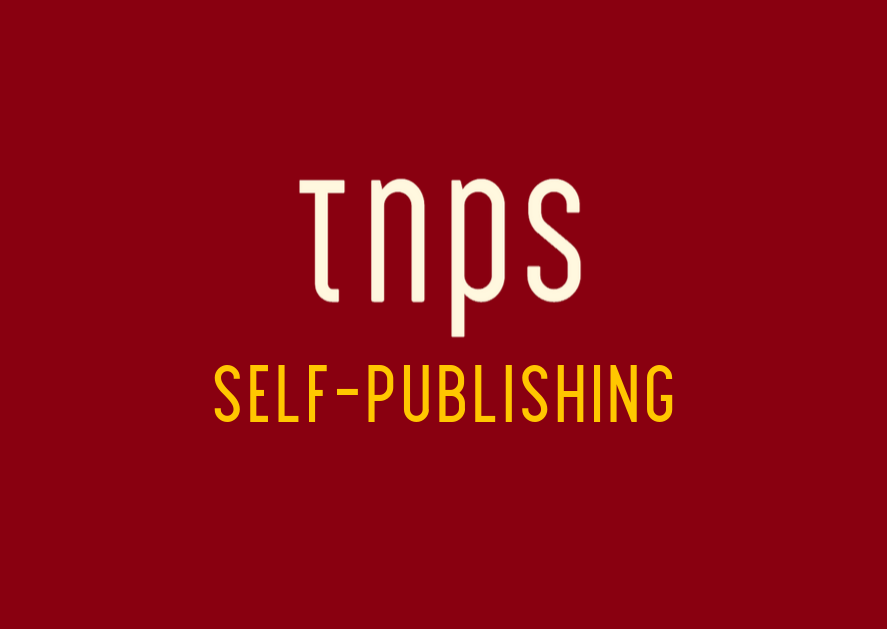Just who do authors think is in charge here? Traditionally, publishers do not give authors control over where their books are sold or in what format, or what else the publisher might do to maximise revenues. If we authors don’t like that, we can self-publish.
In the latest move to muddy the already murky waters of publishing’s AI-loathing Luddite fringe, academic publisher Wiley is set to earn $44 million from AI partnerships this year, without offering authors the option to opt-out.
Outrage abounds, but in rather muted form, because Wiley, which has already made $23 million from AI deals and expects an additional $21 million before this financial year is over, had this to say to the UK trade journal The Bookseller:
“As with any commercial arrangement for the use of Wiley-published content, Wiley compensates its partners (e.g. book authors, publishing partners) in accordance with the contractual terms+, but no specific opt-out is provided for AI licensing agreements.“
So, authors will be compensated. Let’s wet a finger and chalk up an imaginary point for AI and common sense on an imaginary scoreboard.
How much the authors might receive, and how that might be calculated is anyone’s guess, but the core issue of compensation that so vexes the Luddite fringe has been settled. Expect the Society of Authors to issue a statement first thing in the morning saying it has absolutely no idea how much authors will be paid but it is not enough and it will wait 111 days and then deliver a carefully worded ultimatum to AI companies to tell all.
But there are two bigger issues here that need addressing, one of which Wiley itself plays as its trump card. Put simply, Wiley argues that creating opt-in or opt-out options would complicate, hinder and potentially undermine the scalability of licensing agreements.
Per a Wiley spokesman: “Creating an opt-out or opt-in for a specific type of licensing on a case-by-case basis would erroneously support AI developers’ specious claim that licensing is not scalable.”
Which brings us to the second issue. Just who do authors think is in charge here?
Publishers take on significant risks and investments in bringing a book to market, and they argue that they should have the flexibility to maximise the value of the content they publish. Traditionally, publishers do not give authors control over where their books are sold or in what format, or what else the publisher might do to maximise revenues. If we authors don’t like that, we can self-publish.
That’s one reason why many successful authors choose to self-publish. Because when they sign a contract with a traditional publisher they sign away control. For at least the past fifteen years, self-publishing has been a viable alternative for authors in developed countries to get their books to market and reach audiences, while retaining full control over the process, and potentially reaping much bigger percentage royalties.
Wiley authors, unless they were writing in the 2000s or earlier, have had this option but have chosen instead to let Wiley do the heavy-lifting, pay all the up-front expenses and to take the loss if the book fails to meet expectations. In doing so the author agrees to let Wiley take the business decisions and risks it sees fit to maximise returns on each book it publishes, with the clear understanding it benefits neither Wiley nor the author to limit those decisions or risks.
Repeat for all reputable traditional publishers, from PRH down to the small independent publishing houses.
There are still issues of compensation, transparency and possible copyright infringement that need to be clarified in this wider on-going AI debate, but the idea that authors dictate terms to publishers is, unless the author is James Patterson or JK Rowling or Stephen King, a non-starter.
This post first appeared in the TNPS LinkedIn newsletter.




